New Blues Ambassador; An interview with Joe Bonamassa

Although 38 year old bluesman Joe Bonamassa has 13 albums and a mountain of accolades under his belt, he’s surprisingly honest when it comes to his self-doubt and personal uncertainty when it comes to the future blues craft that he’s dedicated his life and career to. When the world lost B.B. King in May, Bonamassa acknowledges that the blues lost a great ambassador whose continued participation in the craft provided a litmus test for the genres strength and health. He, like many others, asks, “Who will carry that torch forward?”
Though this question has no simple answer, Bonamassa is putting a considerable foot forward, recently having wrapped recording on his latest LP, and launching the Three Kings Tribute show, which celebrates the music of his former tour mate B.B. King, as well as Freddie and Albert King.
Ghettoblaster Magazine recently caught up with Bonamassa to discuss his career, the future of the blues and his plans for an early retirement.
You began performing at a young age and I imagine you’ve discovered some keys to your own success. Do you attribute that more to natural talent? How much of that is the result of perseverance and hard work?
I think the second half is absolutely the key to my success; perseverance and hard work. I didn’t get here on my talent or good looks. Talent has something to do with it, but not a lot in 2015. There are so many talented people. You can go to Guitar Center somewhere in Dayton and find talented people. There are talented people everywhere. It’s less a question of talent and more whether you can figure out the minefield that is the music business and survive long enough to make a real riot.
I imagine that over 25 years you’ve stepped on some of those mines. How do you regroup and continue on when you do. What’s you main motivator for this?
I’ve always pushed myself, sometimes to the brink of collapse, which I kind of did this week. I always push myself and I always strive to be better. I want to be the best that I can be. I never paid attention to what others were doing, what my peers in the blues rock business were doing, I didn’t care. I live in a bubble, between my manager and everybody else. It was interesting to see how living in a bubble, not paying attention to what everyone else was doing, that I was able to find my own little niche over the course of 13 studio albums and more than 20 years.
You have expanded your world to include some key collaborators in some other musicians. Which of those was the most special for you?
Eric Clapton at the Royal Albert Hall was pretty good. Paul Rodgers and John Hiatt at the Beacon Theatre was pretty good. Anytime Warren Haynes and I get together is pretty special. Being on the stage at the Rock and Roll Hall of Fame with ZZ Top was pretty special. There have been a bunch of moments that have been very cool.
Do you experience a sense of euphoria when you are in those moments? Or are you so focused that you have to appreciate it later?
I’m so riddled with self-doubt and concentrating on trying to make it good that I never enjoy it in the moment. It always looks way more fun than it is.
It’s incredible to hear that someone with so many accolades has self-doubt…
That’s how you get better.
Earlier this year the world lost B.B. King, who was someone you’d played and toured with. Was that a devastating experience for you?
I knew that he was ill, so it wasn’t shocking. It was a devastating loss for the blues because he was the great ambassador, the great olive branch of the blues that people would look to for support. People would say, “As long as B.B. King is still playing the blues is in good shape.” Now who is going to take up that torch. Buddy Guy is the last musician from that era and he’s in his 80s, so at the end of the day it boils down to the question, “Does this thing live or die? I’m not really sure. I’m not sure what’s going to happen. It is going to get to the point where it is up to this generation to keep it going; Gary Clark Jr., Kenny Wayne Shepperd, Jonny Lang, everyone in our age group who has been slugging it out. We’re it now, we’re the next ambassadors. If we can’t figure out how to keep people interested it will be daunting until somebody comes along and figures it out.
Do you attribute some of that torch carrying to some of those musicians who may be considered more rock, like The Black Keys or Jack White?
I think The Black Keys play some of the most exciting and revolutionary music to be made in 35 years. I can say the same about Jack White. I just heard some of his stuff in Nashville from his solo records. College kids think it is rock, but it is Book of White playbook 101. Same with The Black Keys. They just package it in a different way, but it is certainly blues music to me. I have the utmost respect for all three of those guys, especially Dan Auerbach. Dan has a real funky way of writing that is uniquely his own, he’s a great singer, and as a producer, those records he did for Dr. John were some of the best Dr. John records to come out in decades.
You’ve been spending some time in the studio as of late, right?
Yeah, I just finished a whole record, a brand new album. It’s all originally, and it’s typical Joe Bonamassa musical A.D.D.
Will you perform any of that material when you visit the Fraze?
Nope. It’s as it is advertised. Three Kings only. B.B., Freddie, Albert. I’ve had a lot of great shows in Dayton by the way. That music scene has always been really nice to me. I’ve always really enjoyed playing there. All those gigs at Gilly’s when I used to do two, three and four nights, I’ve done the Fraze a few times…I do appreciate that part of Ohio very much.
Last November you celebrated 25 years as a professional musician have you ever wondered what it would be like to do anything else?
No. Failure wasn’t an option. It wasn’t an option at all.
So are you expecting you’ll be into your late 80s and 90s still carrying a Gibson onto stage?
I didn’t say 80s or 90s. I didn’t say 60s. I think I’ll take the AARP retirement plan and hang it up around 62. My plan is to hang it up between 60 and 65. That gives me another 25 years to say what I need to say. God willing, if I’m able to make a living in the music business for 50 years I think it will be time. I’m 38 years old now and I’ve been doing this my whole life. Each year there’s more to do in terms of concerts and making records. When I was 28 I couldn’t get enough. After all the albums and concerts, at 38 I feel the drag. I get fatigued a lot more now than I used to. And I take care of myself. I don’t abuse myself. But, you have to ask yourself, “How much longer can I do this at a high-level.” There are people who stay out there for too long and do I want to be one of them? I’ll put in my 50 years and call it a day.
As long as it is fun, enjoyable and you can do it at a high-level, those are my prerequisites. I think I play better now than I did before so I think I’m in a good spot. But it’s like, “How many laps do you want to do around the globe in a lifetime before you call it a day?”
(Visit Joe Bonamassa here: http://jbonamassa.com/. Catch him on the “Three Kings Tour” now.)


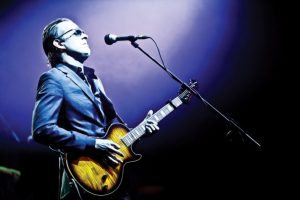
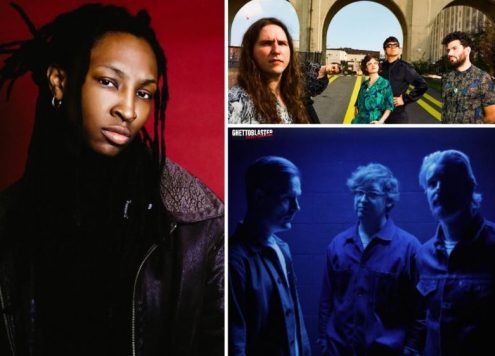
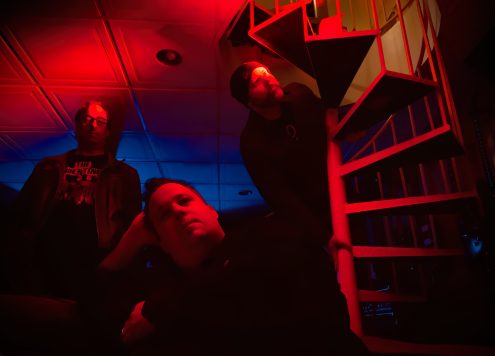
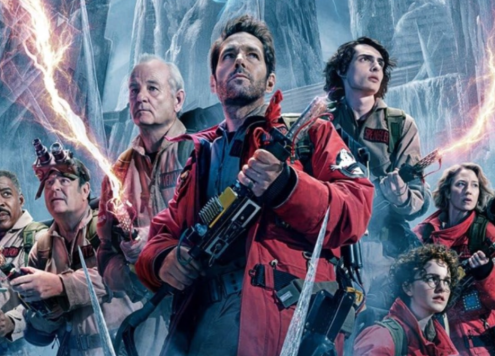

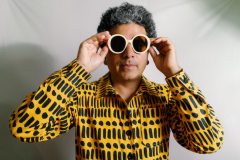
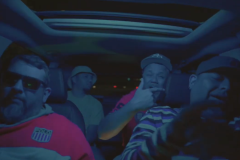
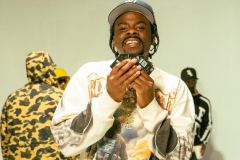
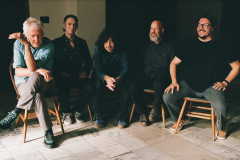

Social Media